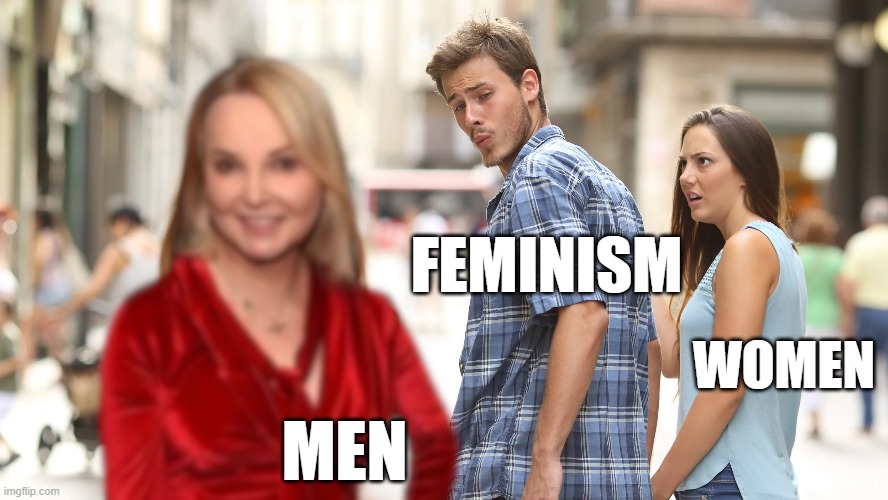Were you lucky enough to be a sympathetic MP or local councillor during the summer of 1979, you might have received a letter from an organisation calling themselves The Festival of Light, enclosing the script for a scene from a forthcoming film. The Festival described the film as “sick,” and, “veering unsteadily between sadism and outright silliness,” and wrote to prominent individuals in an attempt to have it banned. The film was Monty Python’s Life of Brian and the scene used to denounce it was the one where the hapless Brian, pursued by a crowd who’ve become convinced he’s the messiah, ends a hermit’s 18 year silence by landing on his foot.
Some councils did ban the film; many without ever having seen it, some without knowing who The Festival of Light were, and a few with their decision presumably made easier by them not having any cinemas in their jurisdiction. Not that it mattered, the film did become fairly well known. You’ve probably heard of it.
Almost as well known is the interview where Malcolm Muggeridge and the Bishop of Southwark faced off against John Cleese and Michael Palin, to debate the merits of the film. The Pythons later claimed that Muggeridge and the bishop had turned up 15 minutes late for the screening, so had not been aware that Brian was not Jesus, but Muggeridge was a fairly recent convert to Christianity, having claimed to have witnessed a miracle, so you have to wonder just how much that hermit scene, where the followers witness the “miracle” of the juniper bush bringing forth juniper berries, stung him personally.
Which sort of brings me to my point. Why was the hermit scene the one that was sent out? If you wanted to accuse the film of blasphemy then why not a scene where crucifixion is made out to be no big deal, or the public stoning, or the wise men who don’t know which cowshed they’re meant to be in? The answer is that the people being mocked in the hermit scene are the crowd, the run-of-the-mill believers. The Festival of Light was Mary Whitehouse’s campaign vehicle, and it was her constituents who were the butt of the joke; the people who kept faith on the basis of little tangible evidence.
For a film that it constantly cited as poking fun at religion, Life of Brian does almost nothing of the sort. Jesus’s manger is bathed in heavenly light, his sermon on the mount is treated reverentially, we meet an ex-leper who has truly been healed by him. Nor does it shake a stick at the church’s many sins, condemn the pope and his bishops, or rattle the establishment in any way. It takes a crowd of nameless, powerless, unimportant people, who desperately want something to believe in, and mocks them.
For all the other horrors of the late 70s, we were at least spared James Acaster, but it’s easy enough to imagine him cocking around the stage telling us, “You know who really needs to be brought down a peg or two? Those ladies who organise the jumble-sales and the church cleaning rota. Oh yes, they really need to examine their privilege. Well done, you brave little atheist boys.”
Which is why it was a surprise to see the friend of male fetishists everywhere, Sooz Kempner, listing the attempt to suppress the film amongst her examples of just how bad things were in the comedy olden days.
Or maybe I’m being too harsh on her. Perhaps if a comedy film came out today that so openly “punched down” against a group of people who believe in something ridiculous for no Earthly reason, then she wouldn’t be yelling about it to anybody who’d listen to her.
Aye. Maybe.




















